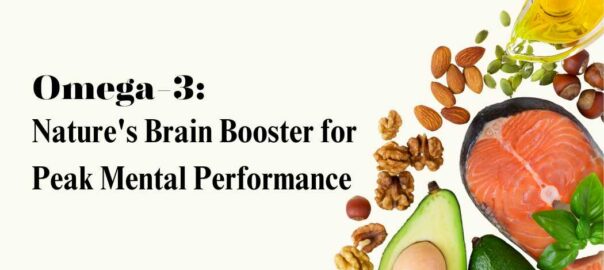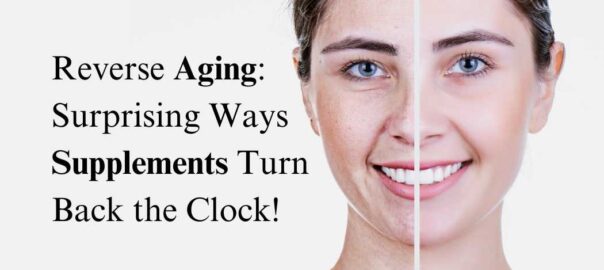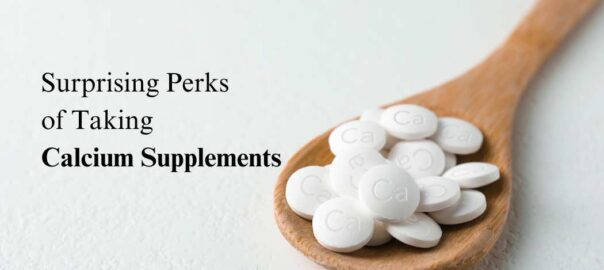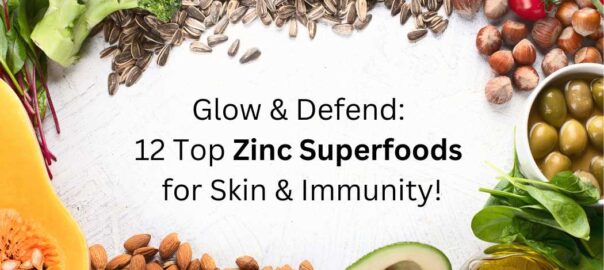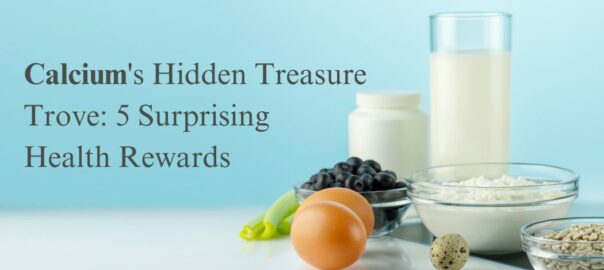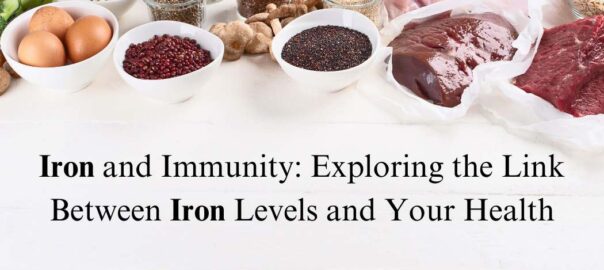
In a world where dietary preferences vary widely, the choice to adopt a vegetarian lifestyle is becoming increasingly common. Whether motivated by health concerns, environmental consciousness, or ethical reasons, more individuals are opting for plant-based diets. However, while vegetarianism offers numerous benefits, it’s essential to ensure that one’s nutritional needs are adequately met. This article explores the vital supplements that vegetarians should consider incorporating into their diets to maintain optimal health and well-being.
Understanding Vegetarian Nutrition
Before delving into specific supplements, it’s crucial to understand the unique nutritional considerations associated with a vegetarian diet. While plant-based foods offer a plethora of vitamins, minerals, and other essential nutrients, some may be more challenging to obtain in adequate amounts compared to a traditional omnivorous diet. Key nutrients that vegetarians need to pay close attention to include:
Vitamin B12: The Essential Nutrient
Vitamin B12 is primarily found in animal products, making it a concern for vegetarians. This essential vitamin plays a critical role in red blood cell formation, neurological function, and DNA synthesis. While some plant-based foods are fortified with B12, supplementation may be necessary to ensure sufficient intake.
Iron: Maintaining Healthy Levels
Iron is vital for oxygen transport and energy production in the body. While plant-based sources of iron exist, such as lentils, spinach, and tofu, the type of iron (non-heme) found in these foods is not as readily absorbed as the heme iron found in animal products. Supplementing with iron can help prevent deficiency, especially for menstruating individuals who may have higher iron requirements.
Omega-3 Fatty Acids: Essential for Brain Health
Omega-3 fatty acids, particularly EPA and DHA, are crucial for brain health, heart health, and inflammation regulation. While fatty fish is a rich source of these nutrients, vegetarians can obtain them from algae-based supplements or plant sources like flaxseeds, chia seeds, and walnuts.
Essential Supplements for Vegetarians
To address potential nutrient gaps in a vegetarian diet, supplementation can be an effective solution. Here are some vital supplements that vegetarians may benefit from incorporating into their daily routine:
- Vitamin B12 Supplements: To ensure adequate intake of vitamin B12, vegetarians should consider taking a daily supplement or consuming fortified foods regularly. Options include cyanocobalamin or methylcobalamin supplements, which provide the active form of vitamin B12.
- Iron Supplements: Iron supplements can help prevent iron deficiency anemia in vegetarians, particularly those with increased iron needs due to factors like menstruation or pregnancy. Ferrous sulfate or ferrous gluconate supplements are common options that are well-absorbed by the body.
- Omega-3 Supplements: For vegetarians who don’t consume fish or algae-based sources of omega-3 fatty acids, supplementation with an algae oil supplement is recommended. These supplements provide a vegan-friendly source of EPA and DHA, essential for overall health and well-being.
- Vitamin D Supplements: While vitamin D is primarily obtained through sunlight exposure, many individuals, including vegetarians, may have insufficient levels, especially during the winter months or in regions with limited sunlight. Supplementing with vitamin D3 can help maintain optimal levels and support bone health.
- Calcium Supplements: Calcium is essential for bone health, nerve function, and muscle contraction. While dairy products are a common source of calcium, vegetarians can opt for calcium-fortified plant milks, fortified orange juice, or supplements to meet their daily needs.
Conclusion: Prioritizing Health on a Vegetarian Diet
In conclusion, while a vegetarian diet offers numerous health and environmental benefits, it’s essential to be mindful of potential nutrient deficiencies and take proactive steps to address them. By incorporating vital supplements like vitamin B12, iron, omega-3 fatty acids, vitamin D, and calcium into their daily routine, vegetarians can ensure that they maintain optimal health and well-being. With careful attention to nutritional needs, vegetarians can thrive and enjoy all the benefits of a plant-based lifestyle.
FAQ’s
While a vegetarian diet can be rich in nutrients, certain essential vitamins and minerals are primarily found in animal products. Supplements help bridge the gap to ensure vegetarians meet their nutritional needs adequately.
While many nutrients are available in plant-based foods, some, such as vitamin B12 and omega-3 fatty acids, may be challenging to obtain in sufficient amounts without supplementation. Therefore, incorporating supplements can help maintain optimal health.
It’s essential to monitor your diet and be aware of potential nutrient deficiencies. Factors such as age, gender, activity level, and specific dietary restrictions can influence your nutritional needs. Consulting with a healthcare professional or registered dietitian can help determine if supplementation is necessary for you.
While supplements can be beneficial, it’s crucial to choose high-quality products and follow recommended dosages. Overconsumption of certain nutrients can lead to adverse effects, so it’s essential to use supplements as directed and not exceed recommended intake levels.
Fortified foods can be a valuable source of nutrients for vegetarians, but relying solely on them may not provide adequate amounts of essential vitamins and minerals. Supplements offer a convenient and reliable way to ensure consistent intake of key nutrients necessary for optimal health.

